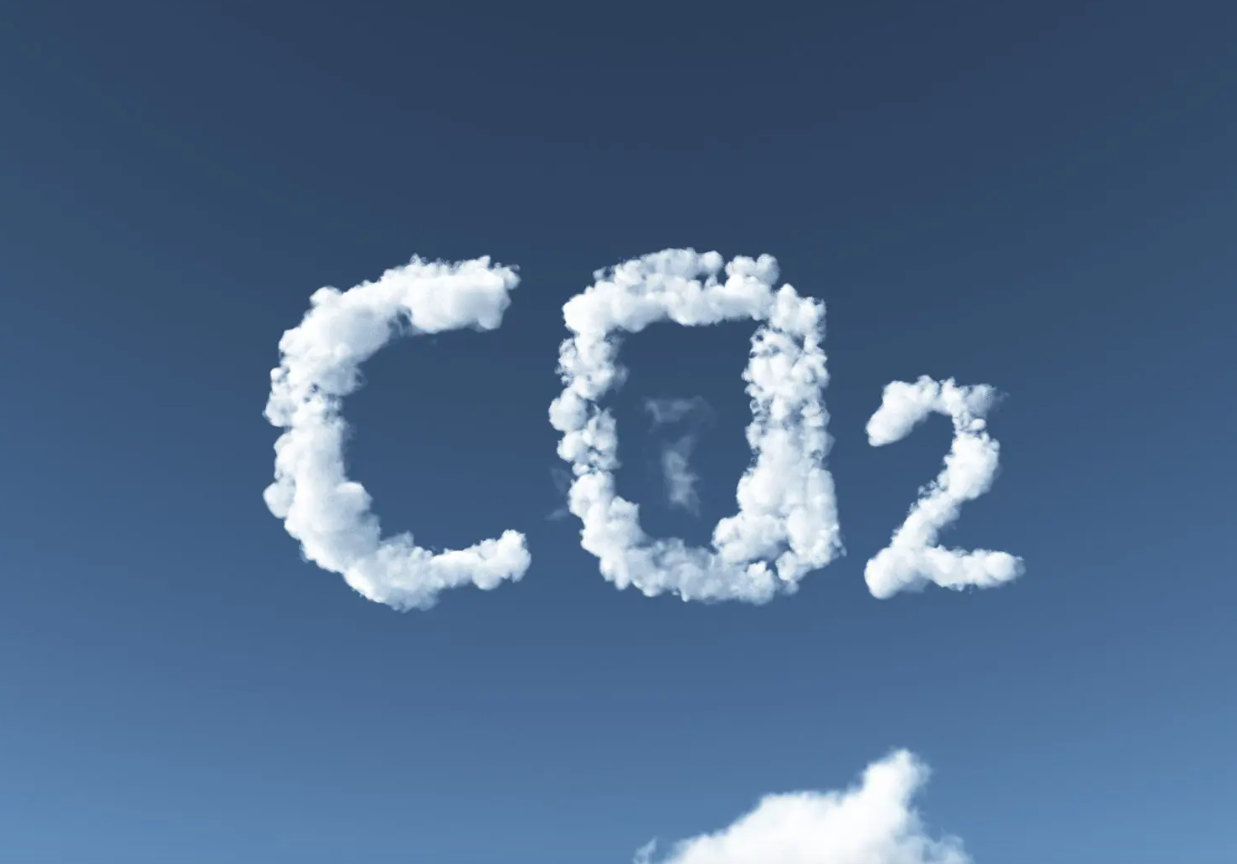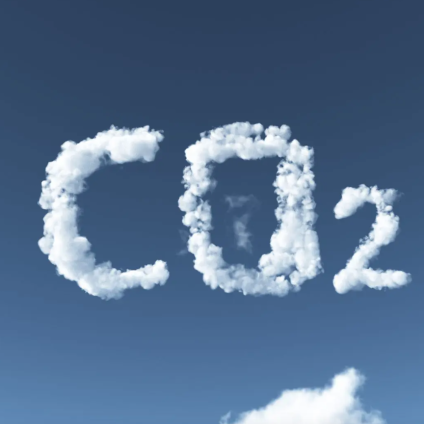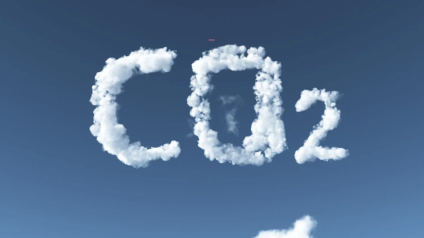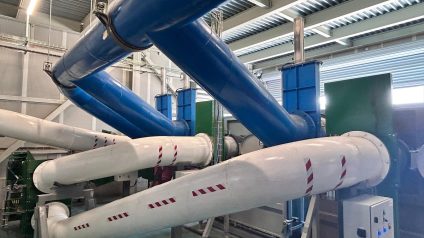After China it is the turn of India. Original news The system of exchange of the credits of carbon to the study to New Delhi at the beginning would have to regard energetic section and some hard-to-abate fields like steel and cement
The world’s 3rd polluter prepares its ETS for the last quarter of 2022
(Sustainabilityenvironment.com) – At the beginning, it will cover only the hard-to-abate, steel and cement sectors, in addition to the energy sector. Minimum objective: to stimulate the penetration of CO2 capture technology among the biggest polluters in the country. After the launch of China’s ETS last year, India is also filing the latest details of its domestic carbon market.
The New Delhi decision adds another piece to the path towards climate neutrality announced at the Cop26 in Glasgow last November. In Scotland, President Narendra Modi announced that India will become climate-neutral by 2070 with respect to all greenhouse gases. Just this week came the formal step, with the approval of new NDCs in 2030 by the executive. These voluntary national contributions that will be sent to the UNFCCC include reducing the emission intensity per unit of GDP by 45% by 2030 (compared to the 2005 level) and increasing the share of non-fossil installed capacity in the electricity mix to 50%.
Read also Climate neutrality: India finally announces new NDCs
The launch of the carbon market, under study since March, meets these new objectives. The mandatory ETS is designed to give companies in the hard-to-abate sectors the flexibility to integrate their efforts with credits from the carbon market. The details of the plan are not yet known, starting with the exact extent and possible impact on emissions of the world’s third-largest polluter after China and the United States. According to some government sources, the official launch of the Indian carbon market could arrive in the last quarter of the year.
Other climate measures that could accompany the start of the national ETS to accelerate the race towards the 2030 targets include the introduction of an obligation to use fuels with a share of methanol for sea and land transport, acceleration of CO2 capture and storage projects and measures to accelerate the penetration of electric cars.













